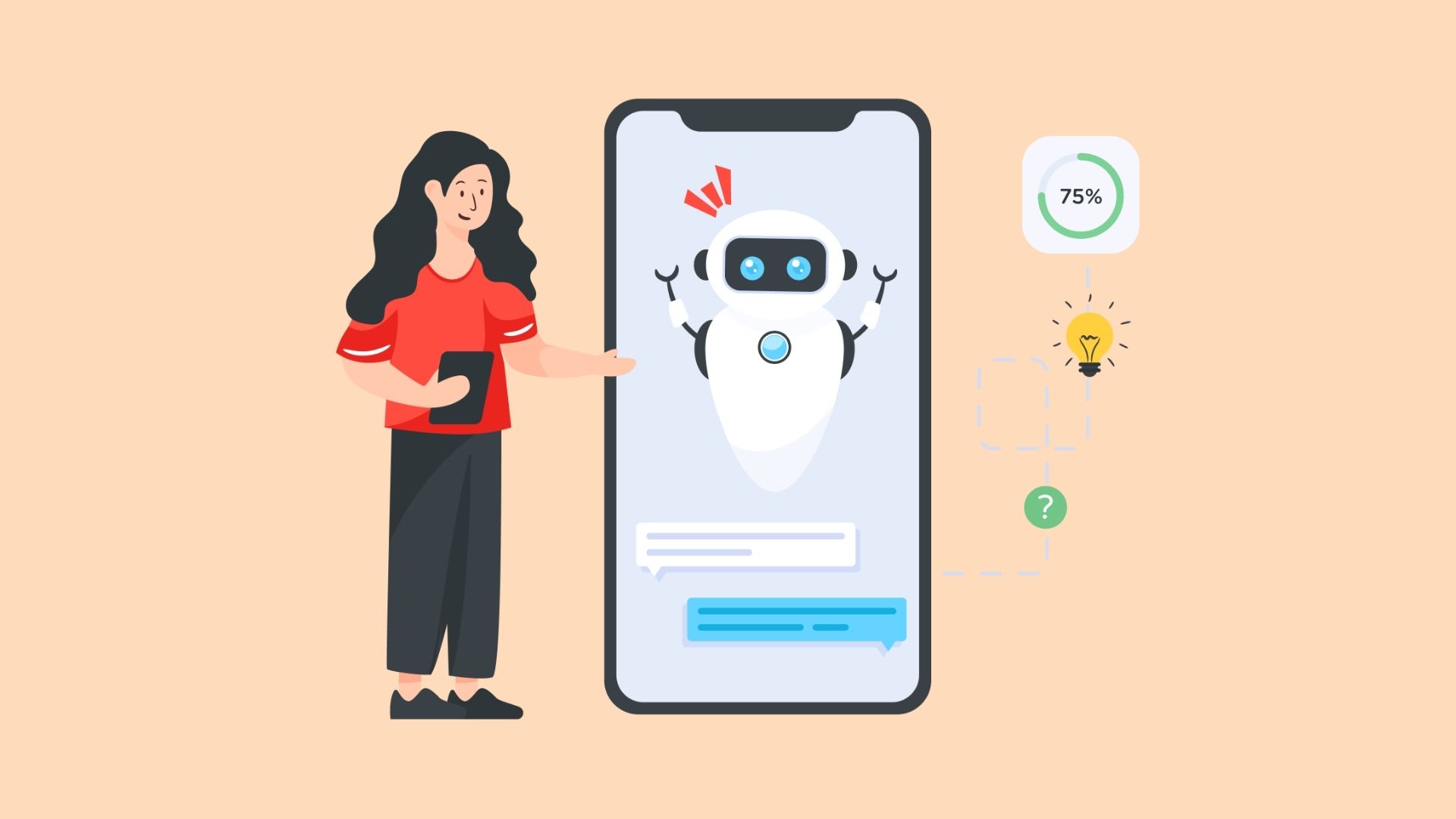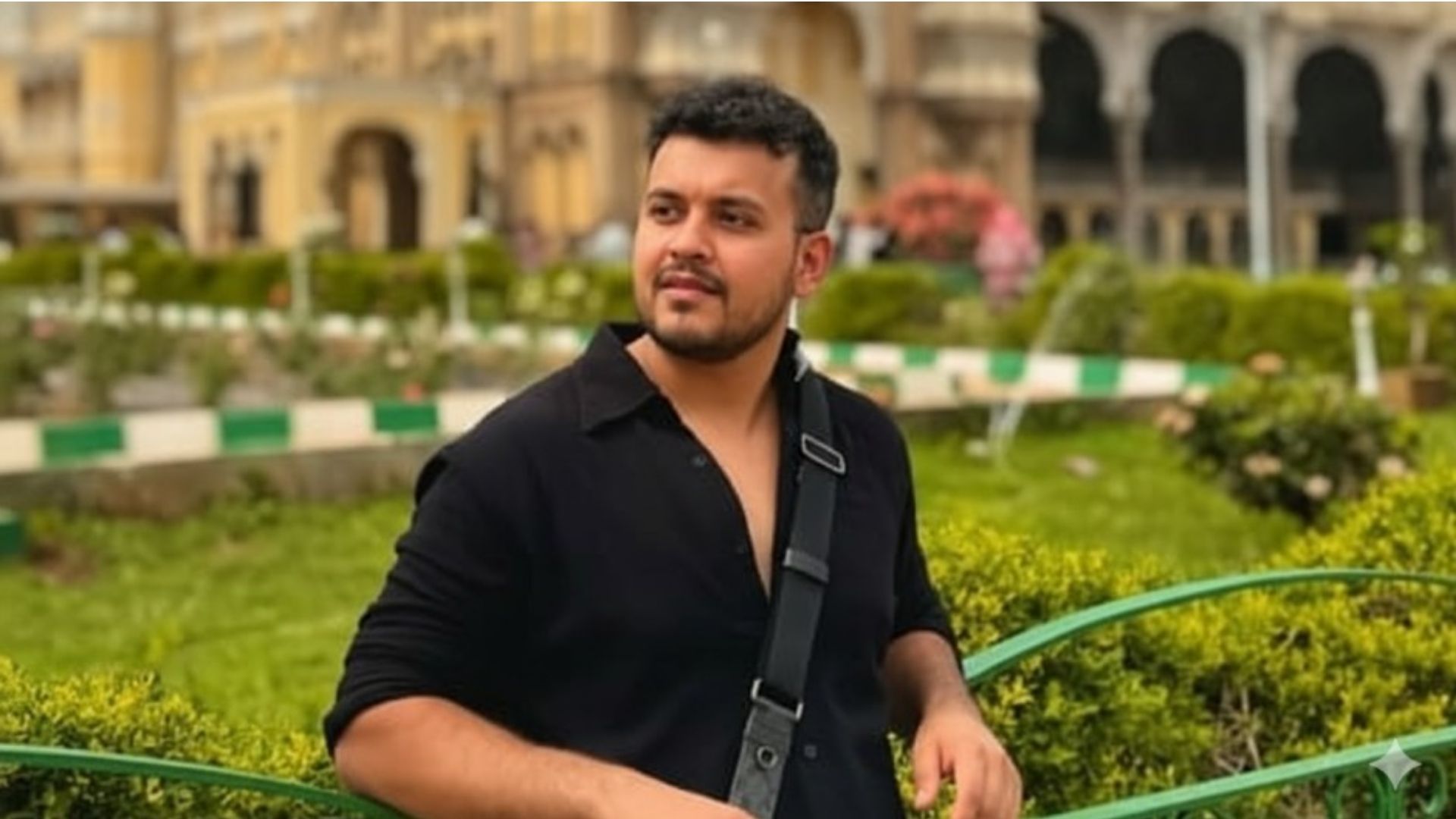In the world of modern literature, very few authors manage to capture the depth of human emotions with simplicity and honesty. Baek Se Hee, a South Korean author, has become one such voice of authenticity. Her works are not just books — they are emotional conversations about mental health, loneliness, self-doubt, and healing.
With her best-selling book “I Want to Die but I Want to Eat Tteokbokki,” Baek Se Hee has touched millions of readers across the world, sparking meaningful discussions about depression and self-acceptance.
Who Is Baek Se Hee?
Baek Se Hee was born in South Korea and worked as a publisher and editor before stepping into writing. Her journey into authorship began not from ambition but from the need to heal herself. She suffered from persistent depressive disorder (PDD), a form of chronic depression that often goes unnoticed because it hides behind a seemingly normal life.
Baek Se Hee decided to document her therapy sessions and emotional struggles in writing — not as fiction, but as raw, real-life conversations between her and her psychiatrist. What started as personal notes evolved into a literary phenomenon that resonated deeply with readers worldwide.
READ MORE : https://digitalmohit.co.in/category/news/
The Book That Changed Everything
Baek Se Hee rose to global recognition with her debut book, “I Want to Die but I Want to Eat Tteokbokki.” The title itself became an instant point of curiosity. It captured the paradox of modern life — the feeling of wanting to give up, yet still finding small joys that keep us going.
The book is a mix of therapy transcripts and personal reflections, offering readers an intimate view into her struggles with depression and self-worth. Instead of preaching positivity, Baek Se Hee writes with gentle honesty — she admits her flaws, doubts, and fears, and that’s exactly what makes her relatable.
Her writing doesn’t promise quick fixes. Instead, it invites readers to sit with their pain, understand it, and learn to live with it one day at a time.
Why Baek Se Hee’s Writing Resonates with Millions
In today’s fast-paced world where everyone is expected to be productive, confident, and happy, Baek Se Hee’s writing feels like a breath of fresh air. She normalizes the idea that it’s okay to not be okay.
Here are a few reasons why her work has gained such global love:
- Emotional Honesty: She doesn’t hide her vulnerability. Her words are gentle yet powerful, describing emotions that people often struggle to put into words.
- Relatable Struggles: Her experience with mental health mirrors what many young people across the world feel today — loneliness, self-doubt, and anxiety.
- Therapeutic Writing Style: The conversational tone of her books makes readers feel as if they’re in a therapy session themselves.
- Cultural Connection: Although the book is deeply rooted in Korean culture, its message is universal — the desire to live despite the pain.
A Deeper Look into Her Philosophy
Baek Se Hee believes that healing doesn’t happen overnight. It’s a slow process of understanding oneself, accepting imperfections, and finding comfort in small things — like eating your favorite food or talking to a friend.
She reminds readers that even when life feels unbearable, there are still reasons — however small — to keep going. Her writing encourages self-compassion and introspection instead of forced optimism.
Her words often reflect the beauty of survival — the quiet strength it takes to keep living, even when you feel like fading away.
The Global Impact of Baek Se Hee
After the English translation of “I Want to Die but I Want to Eat Tteokbokki,” Baek Se Hee’s popularity spread beyond South Korea. Readers from all over the world began sharing her quotes, reviewing her work on social media, and thanking her for giving a voice to their unspoken feelings.
Her influence has also encouraged more Asian authors to write about mental health openly — a topic that has long been considered taboo in many societies.
She has become a symbol of emotional courage, reminding the world that vulnerability is not weakness, but strength.
Lessons from Baek Se Hee’s Writing
Baek Se Hee’s work goes beyond storytelling — it’s a mirror to our emotions. Here are some key takeaways from her writing:
- It’s okay to feel lost. You don’t have to have everything figured out.
- Healing is not linear. Some days are better than others, and that’s normal.
- Small joys matter. Even the simplest acts — eating, walking, or reading — can be healing.
- Talking helps. Sharing your thoughts, whether with a therapist or a friend, is a step toward recovery.
- Self-acceptance is power. You don’t need to change who you are to deserve love and peace.
Beyond the First Book
Following the massive success of her first book, Baek Se Hee released a sequel, continuing her reflections on therapy and growth. She remains an active voice in the conversation around mental health, encouraging people to seek help and to treat emotional pain with the same seriousness as physical illness.
Her growing collection of work continues to inspire readers to slow down, reflect, and reconnect with themselves.
Why Baek Se Hee Matters in Today’s World
In a generation overwhelmed by social pressure and digital noise, Baek Se Hee’s writing brings a sense of calm and clarity. She has redefined what it means to be strong — not by hiding pain, but by embracing it.
Her success is not just about book sales; it’s about starting a global dialogue on mental health. She has shown that honesty, empathy, and self-awareness can heal more than motivational speeches ever could.
Conclusion
Baek Se Hee’s journey from silent suffering to becoming one of South Korea’s most influential authors is nothing short of inspiring. Through her honest and heartfelt words, she has built a bridge between pain and hope — showing that even in the darkest moments, there’s always a reason to stay alive.
















Leave a Reply